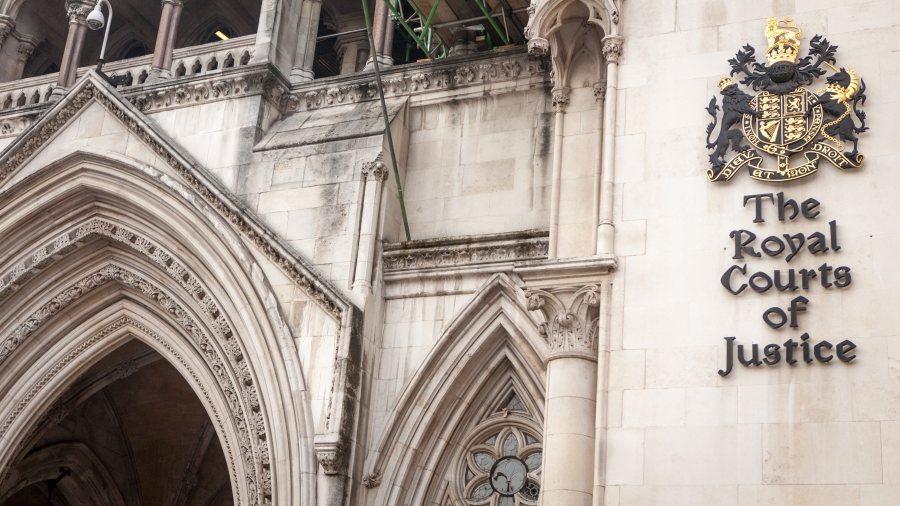
Lawyers representing green campaigners will argue in the Court of Appeal that the government’s 'failure' to adopt measures to reduce meat and dairy consumption was 'unlawful'.
Feedback, which calls itself a food systems campaign group, said tackling emissions from both sectors was 'key' for the government to meet climate targets.
However, the government had 'failed' to incorporate advice to cut meat and dairy consumption from the independent review of the National Food Strategy, written by Henry Dimbleby and commissioned by the government in 2019, as well as advice from the Climate Change Committee (CCC).
According to Feedback, the government had not explained why it opted to not adopt their recommendations, which the lawyers representing the group at the Court of Appeal on Friday 16 June will further argue that they were bound to do.
In previous legal proceedings, the government’s lawyers have sought to argue that Defra is not bound by Section 13 of the Climate Change Act.
Instead, only the Department for Energy Security and Net Zero (DESNZ) is bound by the obligations, as the department tasked with achieving carbon budgets.
In reaching its decision, the Court of Appeal in this case will effectively rule on the scope of Section 13.
The ruling will establish whether it is only the Secretary of State for DESNZ that must formulate policies to meet carbon budgets for his department, or whether other Secretaries of State and their respective departments are bound by the same obligation.
The ruling is therefore expected to have significant implications on the government’s climate policy.
Carina Millstone, executive director of Feedback said the government was "hurling us all towards climate catastrophe."
She said: "The CCC describes an accelerated reduction away from meat and dairy products as ‘especially important’ in its carbon budget.
"If the government is right, and decarbonisation is the sole purview of DESNZ, climate legislation and carbon budgets are not worth the paper they’re written on.
The ruling will establish whether Defra must develop policies to meet carbon budgets, considering the CCC’s advice in doing so.
It will also establish whether other government departments, such as the Department for Transport (DfT), must equally put in place their own policies to reduce emissions to meet carbon budgets.
